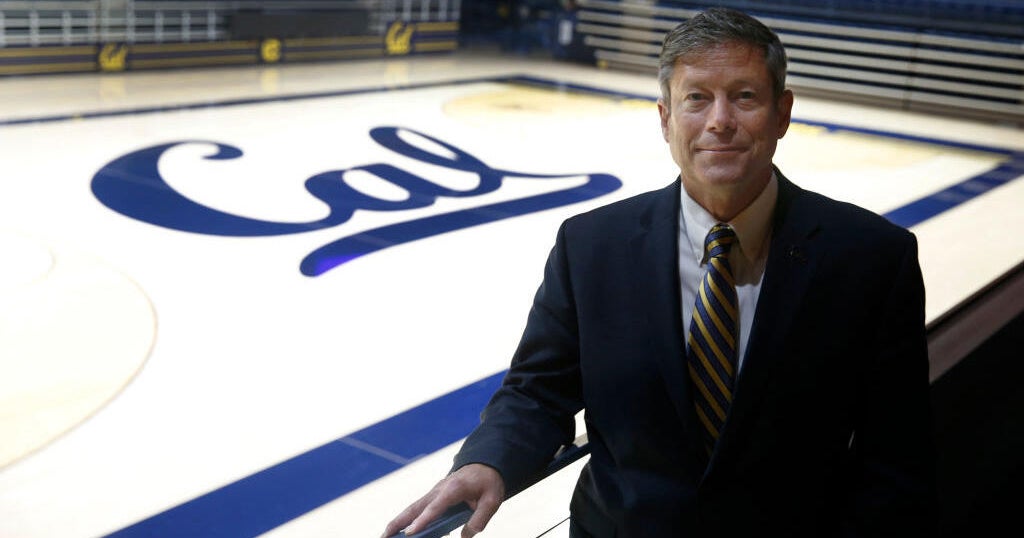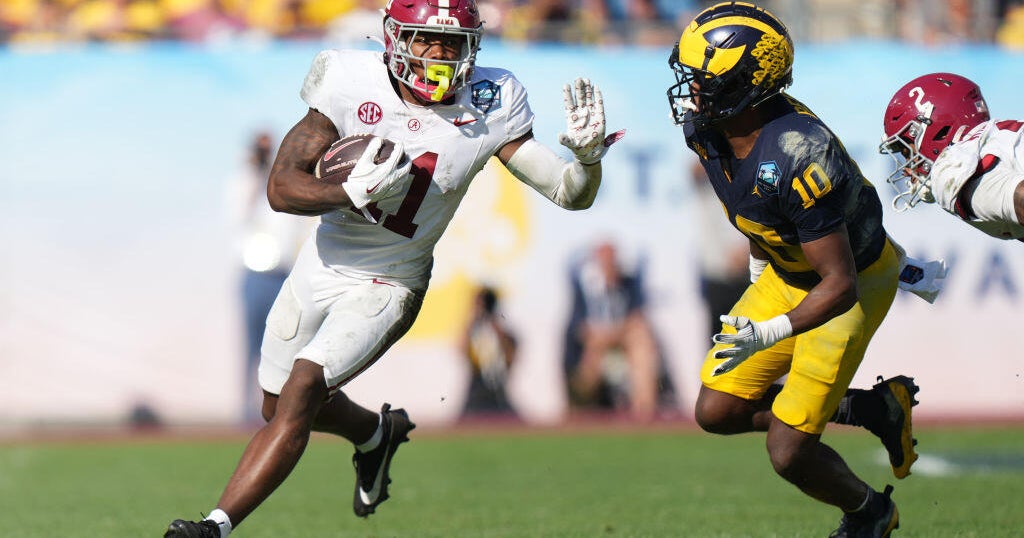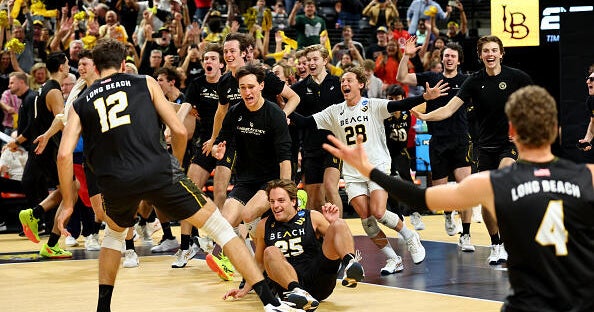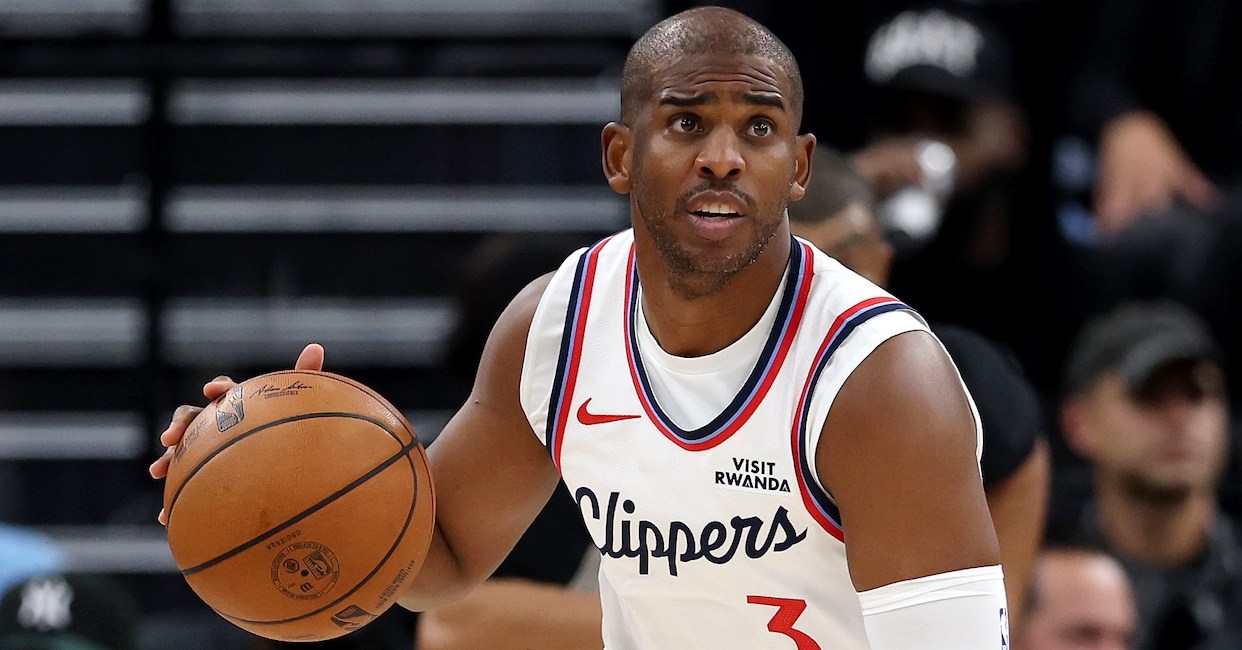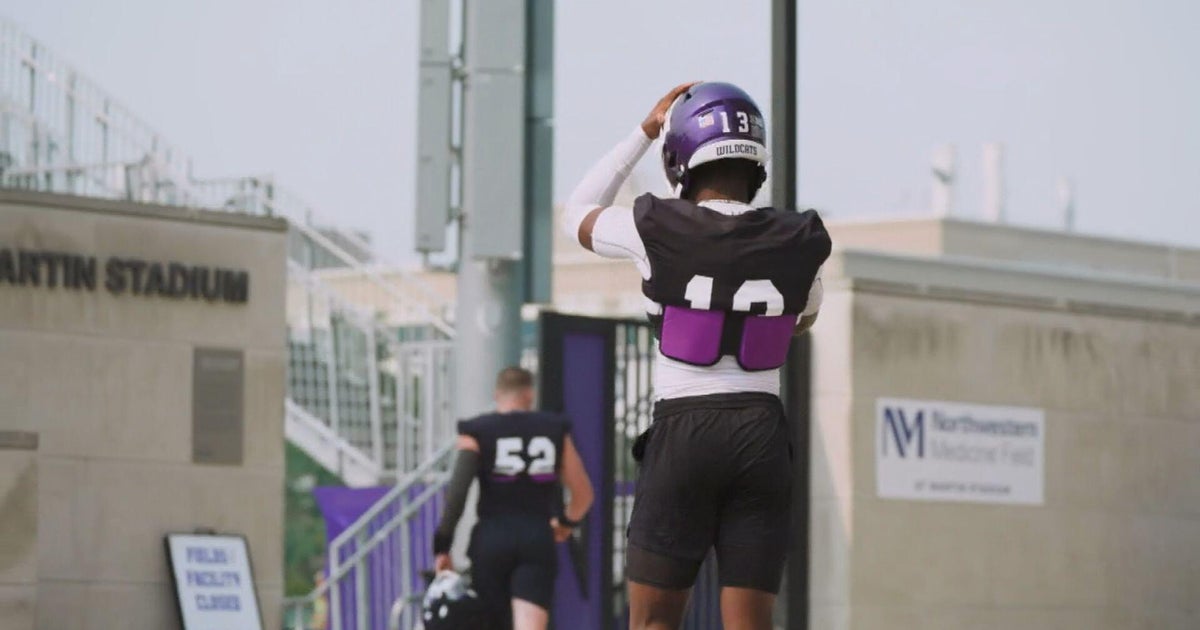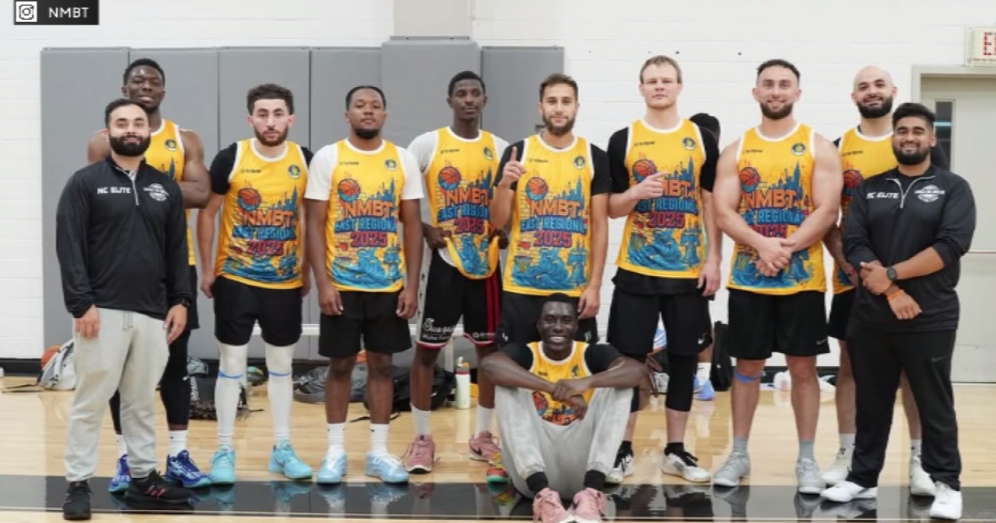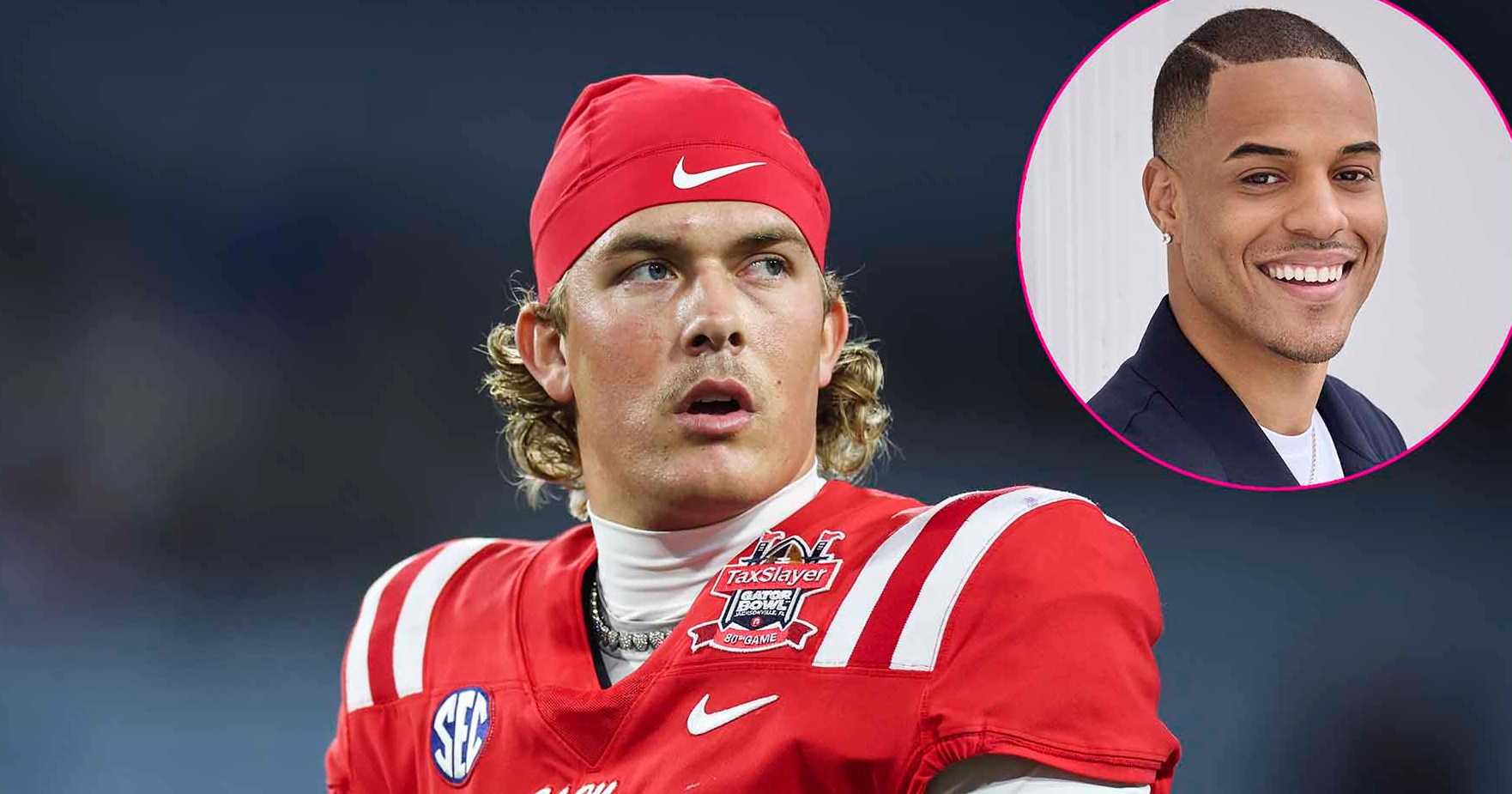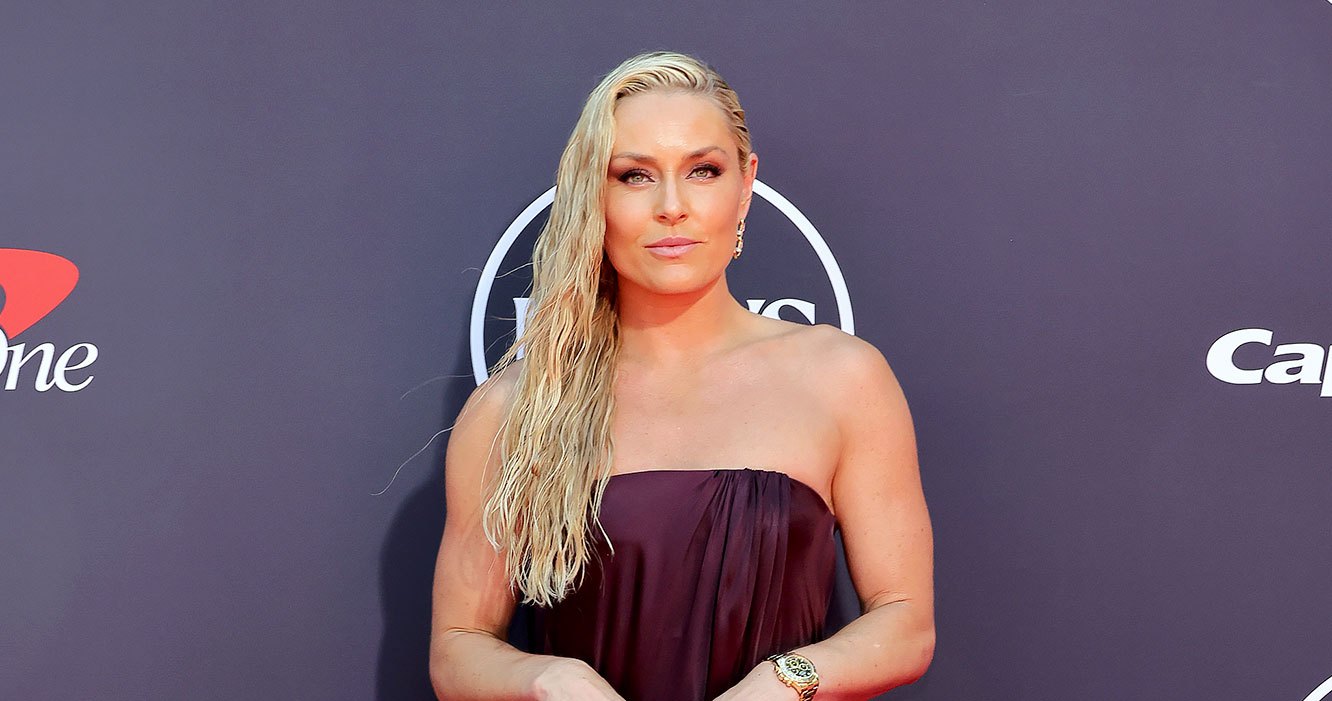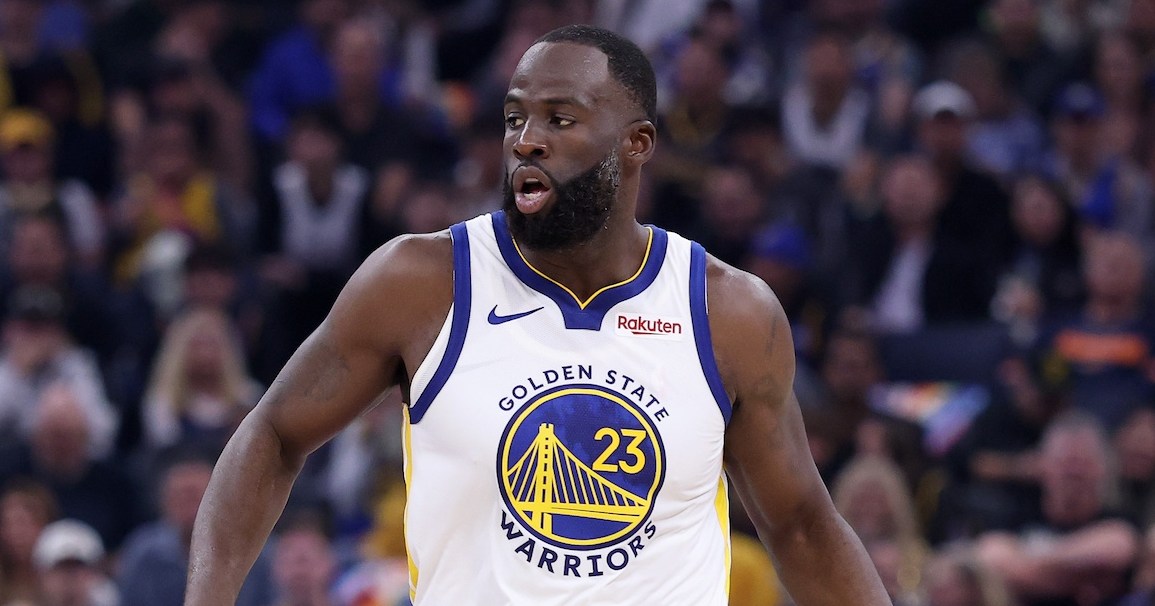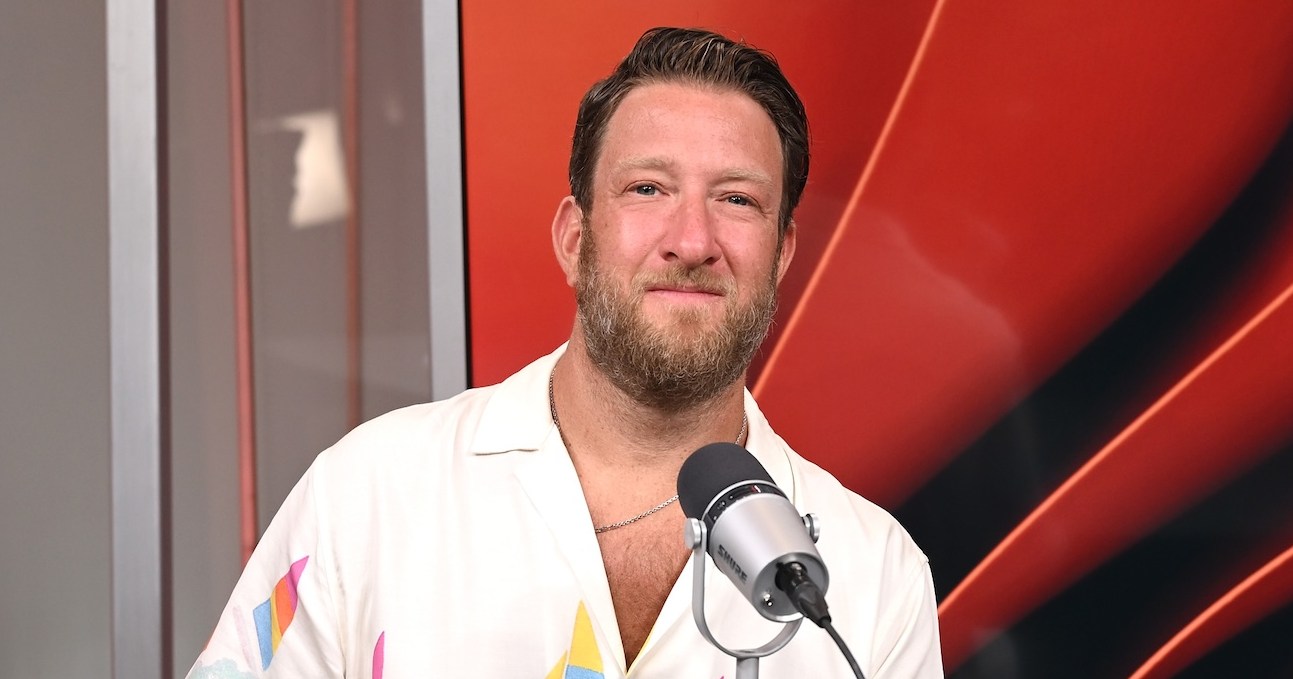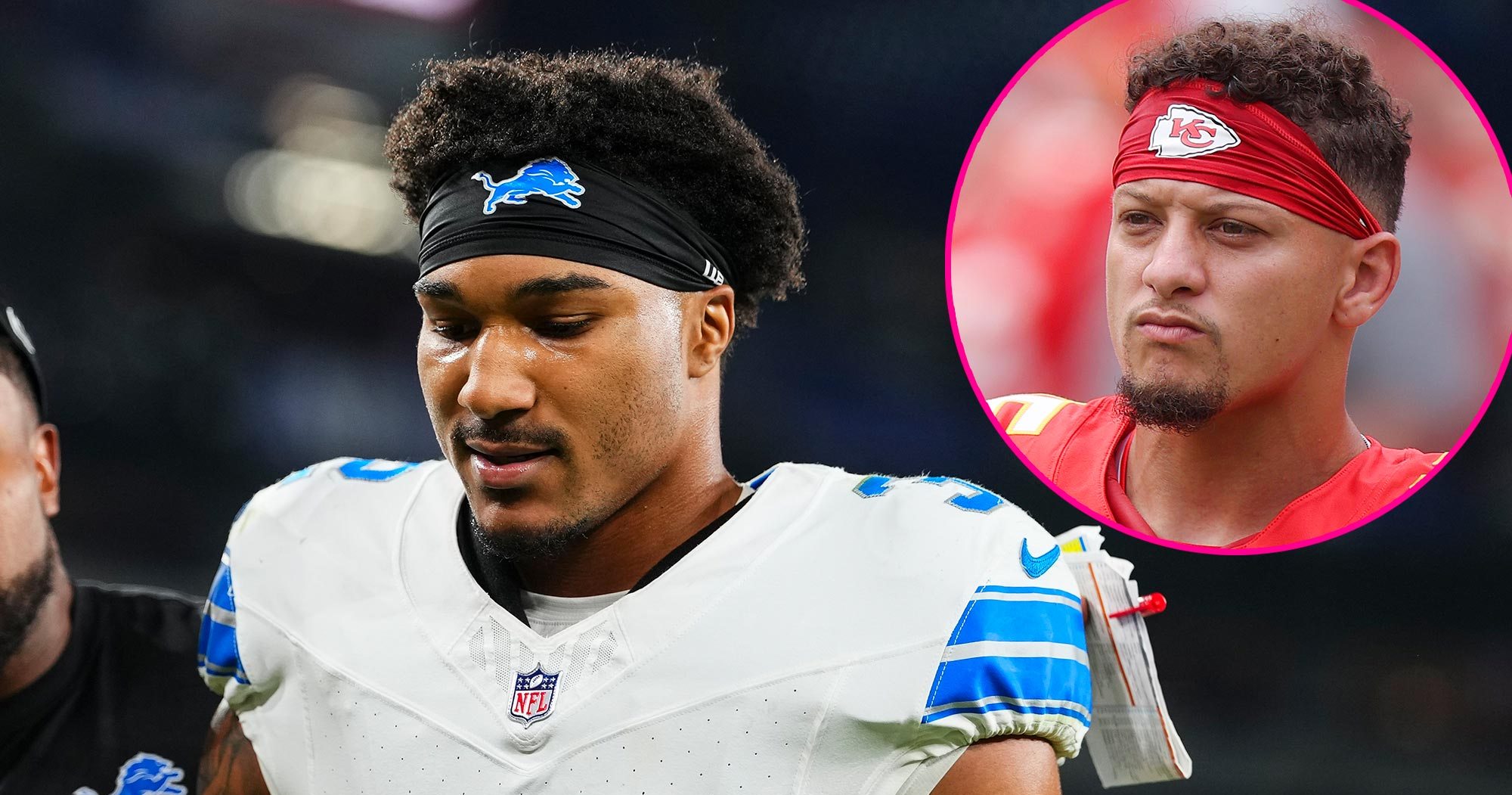Lawmakers Demand Equity in NCAA Settlement Distribution
Ten Democratic members of the U.S. House of Representatives have formally inquired about the NCAA's plans to safeguard the interests of female athletes, as a staggering 90% of the $2.8 billion settlement from a recent antitrust lawsuit is set to benefit male athletes, particularly in football and men’s basketball.
In a letter addressed to NCAA President Charlie Baker, dated Thursday, the lawmakers highlighted the implications of the Trump administration's decision to rescind Title IX guidance on name, image, and likeness (NIL) payments, which previously mandated equitable distribution between male and female athletes.
The letter outlines five critical questions that the NCAA must address by August 30 regarding the implementation of the settlement:
— Will the NCAA advocate for equitable direct payments to both male and female athletes?
— Given that male athletes are expected to dominate NIL payments from third parties, will the NCAA redirect its investments to bolster women’s sports and mitigate existing disparities?
— With 90% of the damages earmarked for former athletes going to male players, what measures will the NCAA take to ensure fair distribution of these funds?
— How does the NCAA anticipate increasing scholarship opportunities for women will enhance overall funding for women’s sports at Division I institutions?

— What initiatives will the NCAA implement to inform athletes, especially female athletes, about the settlement details and their rights when entering contracts with their schools?
In response, the NCAA refrained from directly addressing these inquiries. Instead, it urged lawmakers to support the “SCORE Act,” a bill introduced by Florida Republican Gus Bilirakis aimed at establishing protections for athletes' NIL rights.
The NCAA asserted that its investment in women’s sports has seen “continuous and significant growth” in recent years. It noted that women’s teams participating in the NCAA Tournament received revenue shares for the first time last season, and the introduction of the 32-team Women’s Basketball Invitation Tournament has expanded postseason opportunities. The organization also emphasized its ongoing efforts to sponsor new sports and enhance competitive opportunities for women.
“Regardless, Title IX is the law, and all NCAA schools must comply fully with the law and its expectations,” stated the NCAA.
The organization has maintained that it requires a limited antitrust exemption to establish its own regulations and sustain a college sports framework that allocates billions in scholarships while nurturing future U.S. Olympians. Meanwhile, several athletes are challenging the NCAA's rule limiting eligibility to four seasons within a five-year span. In June, a group of female athletes filed an appeal against the House settlement, claiming it discriminated against women in violation of federal law.


